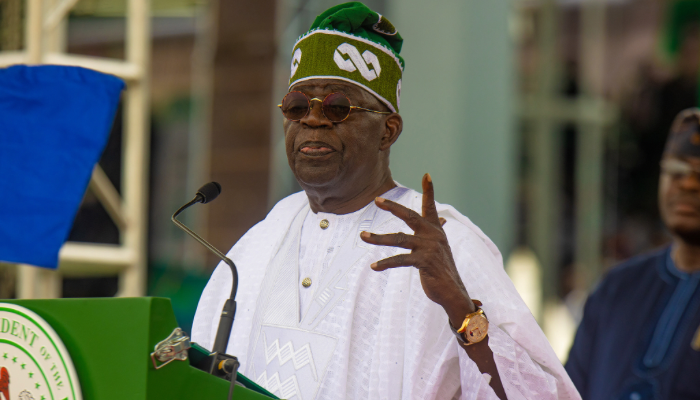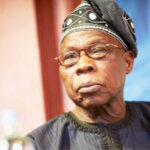Nigeria, Africa’s most populous nation, is facing a grim reality as poverty and unemployment continue to plague its youth. Despite the country’s vast resources and potential for economic growth, a significant portion of its young population is trapped in a cycle of poverty and joblessness. As Nigeria’s new president takes office, urgent measures are needed to address these critical issues and pave the way for a brighter future.
Poverty rates in Nigeria remain alarmingly high, with the majority of the population living below the poverty line. The impact is particularly severe on the country’s youth, who represent a significant proportion of the population. Many young Nigerians face limited access to quality education, healthcare, and basic amenities. This lack of opportunities perpetuates the cycle of poverty and stifles the potential of the nation’s youth.
Simultaneously, unemployment rates among Nigerian youth are soaring. Despite the talent and ambition that abound in the country, many young people find themselves unable to secure meaningful employment. This situation not only hampers their individual growth but also poses a threat to social stability and economic development.
To tackle this pressing issue, President Tinubu must prioritise a comprehensive strategy aimed at alleviating poverty and promoting youth employment. Here are some suggested measures that can help transform the lives of Nigerians:
I started selling newspapers when a copy was 5kobo – Sule Maijarida
Hakeem Odumosu says appointment as EFCC Chairman is fake news
Enhancing education: Invest in education at all levels, ensuring access to quality education for all Nigerian children. Implement policies that focus on skill development and vocational training to equip young people with the necessary tools to succeed in the job market.
Promoting entrepreneurship: Encourage entrepreneurship and support the establishment of small and medium-sized enterprises (SMEs). Create an enabling environment for startups by providing access to funding, mentorship programmes, and simplified bureaucratic processes. This approach will foster job creation and empower young Nigerians to become self-reliant.
Infrastructure development: Invest in critical infrastructure such as transportation, energy, and communication networks. Improved infrastructure will attract foreign direct investment and stimulate economic growth, leading to increased employment opportunities for the youth.
Diversifying the economy: Reduce the country’s heavy reliance on oil revenue by promoting diversification into sectors such as agriculture, manufacturing, technology, and renewable energy. This strategy will create a more resilient and inclusive economy, generating a multitude of job opportunities for young Nigerians.
Public-Private partnerships: Foster collaboration between the government, private sector, and civil society organisations to tackle the challenges of poverty and unemployment. Encourage private sector involvement through tax incentives, grants, and policies that promote responsible business practices and job creation.
Strengthening social safety nets: Establish and strengthen social safety net programmes that provide a basic income, healthcare, and other essential services to vulnerable populations. This support will act as a safety net for the most marginalized members of society and contribute to poverty reduction.
Youth empowerment: Create platforms for meaningful youth engagement in decision-making processes and policy formulation. Encourage youth participation in governance, provide leadership training, and establish mentorship programmes to nurture young talent.
Strengthening the business environment: Address challenges such as corruption, bureaucratic redtape, and inadequate access to finance. Implement transparent and accountable governance systems that foster investor confidence and attract domestic and foreign investments.
Addressing Nigeria’s poverty and unemployment crisis requires a multi-faceted approach that recognises the interplay between economic, social and governance factors. It will require concerted efforts from the government, private sector, civil society, and international partners.
President Tinubu has the opportunity to make a transformative impact by prioritising the well-being and future of Nigerian youth.
In conclusion, Nigeria’s youth are grappling with the challenges of poverty and unemployment, which demand urgent presidential intervention. By implementing a comprehensive strategy that focuses on education, entrepreneurship, infrastructure development, economic diversification, public-private partnerships, social safety nets, youth empowerment, and strengthening the business environment, President Tinubu can pave the way for a brighter future. It requires collaboration among various stakeholders to address the complex issues at hand and prioritise the well-being and potential of Nigerian youth.
Amiru Lawal Balarabe Giwa, is a lecturer, Department of Business Administration,
Federal University Gusau

 Join Daily Trust WhatsApp Community For Quick Access To News and Happenings Around You.
Join Daily Trust WhatsApp Community For Quick Access To News and Happenings Around You.


